In recent years, plant-based diets have surged in popularity, becoming one of the most talked-about trends in health and wellness. From fitness enthusiasts to celebrities, many are embracing plant-based eating as a way to improve health, reduce environmental impact, and even support animal rights. But what is the real story behind the rise of plant-based diets? Is it all it’s cracked up to be, or are there some misconceptions?
At FitLineHub, we’re here to explore the benefits, myths, and provide you with tips to successfully adopt a plant-based lifestyle. Let’s dive into the facts.
The Health Benefits of Plant-Based Diets
Plant-based diets focus primarily on whole foods from plants, such as fruits, vegetables, legumes, grains, nuts, and seeds, while minimizing or eliminating animal products. According to a study published by The Lancet in 2019, eating a predominantly plant-based diet could reduce the risk of chronic diseases such as heart disease, type 2 diabetes, and cancer.
Here are some of the key health benefits of adopting a plant-based diet:
1. Heart Health
A well-balanced plant-based diet is rich in fiber, antioxidants, and healthy fats, all of which contribute to heart health. Studies suggest that plant-based eating can help lower cholesterol levels, reduce blood pressure, and improve overall cardiovascular health. In fact, the American Heart Association has found that plant-based diets can significantly reduce the risk of heart disease.

2. Weight Management
Switching to a plant-based diet can aid in weight management. Plant-based foods tend to be lower in calories and fats compared to animal-based products, which can help you maintain a healthy weight. A 2015 study published in Obesity Reviews found that those following a plant-based diet had lower body mass indexes (BMI) than those who ate meat.
3. Reduced Risk of Type 2 Diabetes
Plant-based eating may also help reduce the risk of developing type 2 diabetes. High-fiber foods, such as whole grains and legumes, help regulate blood sugar levels. A study from PLOS Medicine published in 2020 found that people following a plant-based diet had a 23% lower risk of developing type 2 diabetes.
4. Improved Digestion
With their high fiber content, plant-based foods are excellent for promoting healthy digestion. Fiber helps regulate bowel movements, prevents constipation, and supports gut health. The American Journal of Clinical Nutrition also highlights how plant-based diets improve gut microbiota, which is key to overall digestion and immunity.
5. Cancer Prevention
A plant-based diet may help reduce the risk of certain cancers. According to a review published in Cancer Research UK, diets rich in fruits, vegetables, and whole grains have been associated with a lower risk of cancer. Phytochemicals found in plant foods have antioxidant properties that can help protect cells from damage.
Common Myths About Plant-Based Diets
Despite the growing body of evidence supporting the benefits of plant-based diets, some myths still persist. Let’s bust some of the most common misconceptions:
1. Plant-Based Diets Are Nutritionally Incomplete
One of the biggest myths is that plant-based diets lack essential nutrients. While it’s true that certain nutrients like vitamin B12 and omega-3 fatty acids are found predominantly in animal products, they can be obtained through fortified foods or supplements. Plant-based diets can provide all the necessary nutrients if planned correctly, as long as you include a variety of whole foods.
2. Plant-Based Diets Are Expensive
Many believe that eating plant-based is more expensive than a diet that includes meat. However, plant-based foods like beans, lentils, rice, and vegetables are often more affordable than meat and dairy. The key is to focus on seasonal produce, buy in bulk, and minimize processed vegan alternatives, which can sometimes be pricier.

3. It’s Too Difficult to Get Enough Protein on a Plant-Based Diet
Another common myth is that it’s hard to get enough protein from plant-based foods. On the contrary, there are many excellent plant-based sources of protein, including beans, lentils, quinoa, tofu, tempeh, and seitan. In fact, many plant-based athletes and bodybuilders thrive on plant protein.
4. Plant-Based Diets Are Low in Flavor
Many people assume that plant-based meals are bland or boring, but that couldn’t be further from the truth. With a variety of herbs, spices, and cooking techniques, plant-based meals can be as flavorful as any meat-based dish. Exploring different cuisines like Mediterranean, Indian, and Mexican can provide endless possibilities for delicious plant-based meals.
Tips for Successfully Adopting a Plant-Based Diet
If you’re ready to embrace a plant-based diet, here are some tips to make the transition easier:
 1. Start Slowly
1. Start Slowly
If you’re new to plant-based eating, you don’t need to make a drastic change overnight. Start by introducing more plant-based meals into your weekly routine and gradually reduce your consumption of animal products. Consider starting with “Meatless Mondays” to give yourself an easy entry point.
2. Focus on Whole Foods
While there are plenty of plant-based processed foods available, aim to eat whole foods for the best health benefits. Incorporate a wide variety of fruits, vegetables, whole grains, and legumes into your meals to ensure you’re getting a balanced diet.
3. Learn About Nutritional Needs
Educate yourself about the nutrients you need on a plant-based diet. Some key nutrients to watch out for include vitamin B12, iron, calcium, and omega-3 fatty acids. Supplementation or fortified foods can help you meet these needs.
4. Experiment with Recipes
Get creative with your cooking! Try different plant-based recipes and discover new flavors and textures. From hearty lentil soups to savory grain bowls and veggie burgers, the possibilities are endless.
5. Join a Plant-Based Community
Support is key when making any dietary change. Join online communities or local groups where you can share recipes, tips, and motivation with others who are also embracing a plant-based lifestyle.
Conclusion
Plant-based diets are more than just a passing trend. They offer numerous health benefits, including improved heart health, weight management, and reduced risk of chronic diseases. However, like any diet, it’s essential to approach it with proper knowledge and planning to ensure that you’re meeting all of your nutritional needs.
At FitLineHub, we encourage you to explore the plant-based lifestyle and find what works best for you. Whether you’re going fully plant-based or just adding more plant-based meals into your diet, every small change can contribute to better health and a brighter future for the planet.
For more information on plant-based eating, check out these trusted sources:


 1. Start Slowly
1. Start Slowly

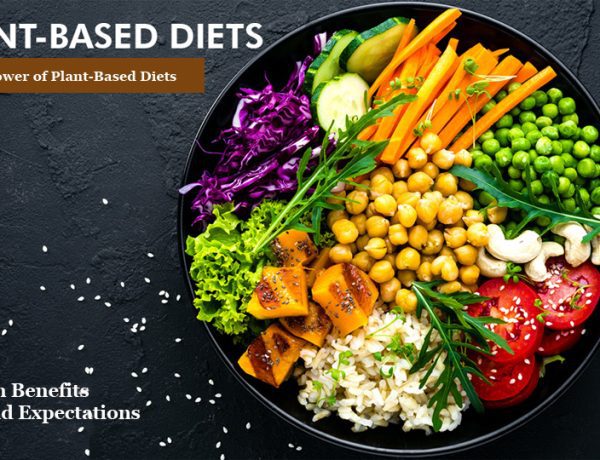




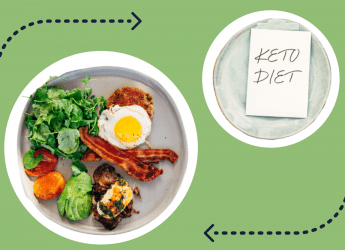





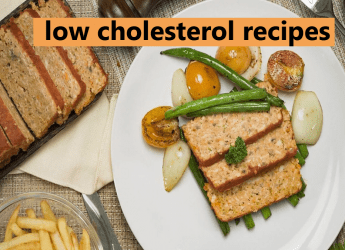


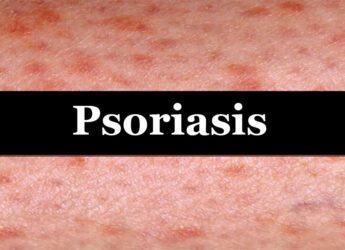





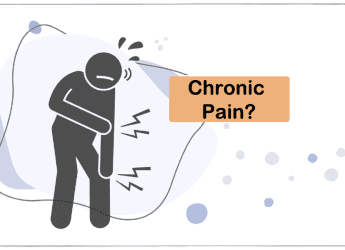



No Comments